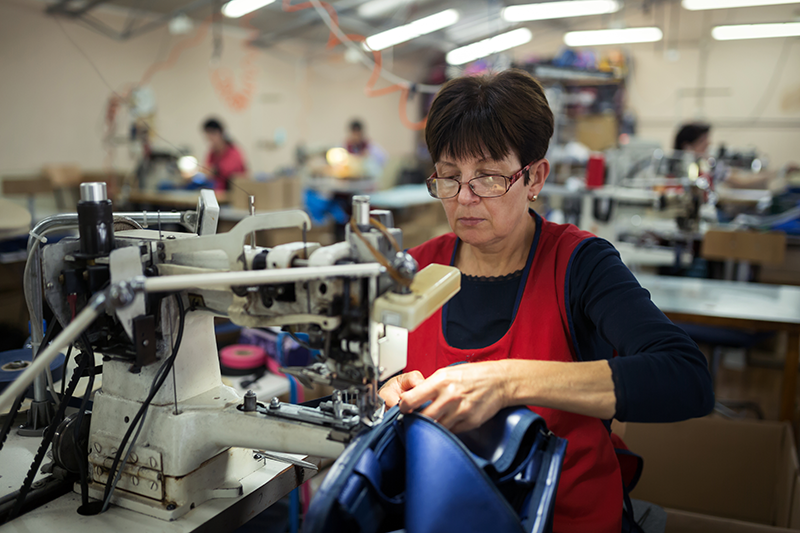
Lön och inkomst
Lön och inkomst har en avgörande betydelse för anställningsförhållanden och livskvalitet. Frågan har fått ännu mer uppmärksamhet på EU-nivå på grund av krisens ekonomiska följder, och i samhället överlag.


Den europeiska pelaren för sociala rättigheter anger EU:s åtaganden när det gäller löner: arbetstagarnas rätt till rättvisa löner som tillåter en skälig levnadsstandard; tillräckliga minimilöner; motverka fattigdom bland förvärvsarbetande.
Eurofound rapporterar regelbundet om olika aspekter gällande lön och inkomst mot bakgrund av de skiftande ekonomiska omständigheterna runt om i Europa.
Genom sitt europeiska centrum för övervakning av arbetslivet (EurWORK) sammanställer Eurofound en mängd information om löner. Den regelbundna rapporteringen genererar en längre serie observationer om lön enligt kollektivavtal, så att trender kan övervakas. Eurofound publicerar regelbundet uppdateringar om lagstadgad minimilön och lön enligt kollektivavtal. Eurofound övervakar även utvecklingen på nationell nivå när det gäller lönesättningsmekanismer, lika lön, rörlig lön, låg lön och lönegapet mellan kvinnor och män.
De arbetslivsrelaterade landsprofilerna innehåller information om löner på nationell nivå och uppdateras regelbundet. EurWORK sköter två databaser med löneuppgifter (se resurserna nedan).
Eurofounds European Jobs Monitor (EJM) bedömer förändringar i sysselsättningen per jobb, enligt flera olika kvalitativa mätningar, bland annat lön. Övervakningsfunktionen bidrar i synnerhet till vår kunskap om fenomenet sysselsättningspolarisering – alltså att sysselsättningstillväxten sannolikt är större högst upp och längst ner i lönefördelningen än i mitten.
I Eurofounds undersökningar övervakas också lönevillkoren inom EU. Lön är avgörande för Eurofounds forskning om att bedöma kvalitet i arbetet. I den europeiska undersökningen om arbetsvillkor (EWCS) är inkomst en av sju indikatorer på kvalitet i arbetet. I EWCS rapporterar man också om lönegapet mellan kvinnor och män. Utforska EWCS interaktiva datavisualiseringsverktyg.
I undersökningen av livskvaliteten i Europa (EQLS) övervakas hur inkomst påverkar levnadsstandarden och hur inkomstskillnader har en koppling till social sammanhållning och välmående. I undersökningen analyseras det hur krisen har påverkat familjer, genom att titta på låginkomstfamiljer, hushållsskuld och grupper som riskerar att drabbas av fattigdom. I EQLS samlas även information om inkomst vid pension och alternativ för att förlänga arbetslivet. Utforska EQLS interaktiva datavisualiseringsverktyg.
Europeiska företagsundersökningen (ECS) behandlar användningen av system med rörlig lön vid företag, liksom andelen anställda vid dessa företag vars lön styrs av kollektivavtal. Undersökningen gör det möjligt att koppla ihop informationen om rörlig lön och löneförhandlingar med information om arbetsorganisation, personalförvaltning, direkt deltagande av anställda och social dialog, samt med resultat och välmående på arbetsplatsen.






